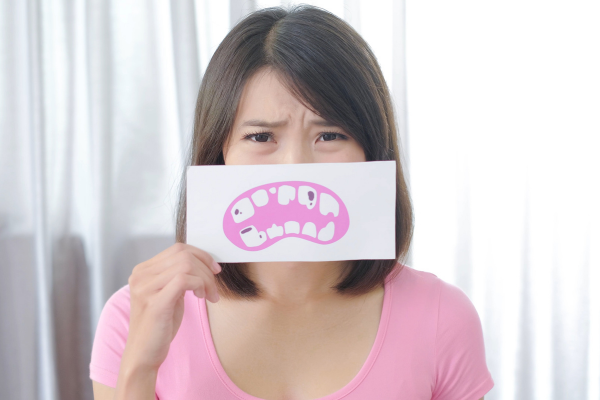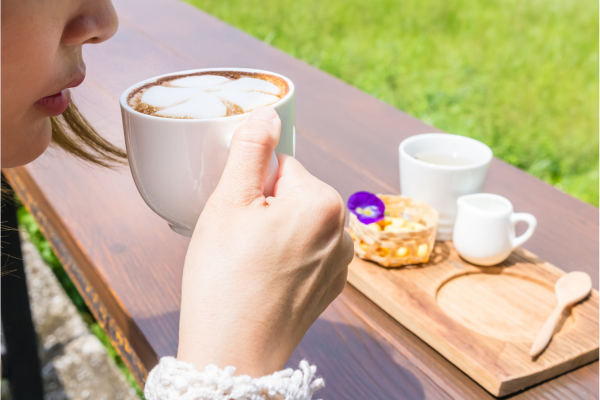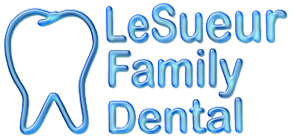Millions of people worldwide start their day with a cup of coffee, making it the most popular drink in the world after water. But does coffee stain your teeth? Many coffee lovers have reported that their pearly white teeth begin to show a tinge of yellowish color after having consumed coffee.
Coffee includes tannins, which belong to the polyphenol family and are soluble in water. Tannins are also present in beverages such as wine and tea.
These tannins are responsible for attracting pigmented compounds to stick to your teeth. When these compounds cling to your teeth, they can result in an undesirable yellowish tint. However, coffee stains on teeth aren’t permanent; there are multiple methods to remove these stains from your teeth.
How Does Coffee Stain Your Teeth?

Even though the enamel on your teeth is super tough, it still has tiny holes that allow food and drink matter to permeate. When you have coffee, the tannins in it can get into these holes and stain your teeth.
Coffee is also acidic in nature, so it can slowly wear away the enamel, leading to even more stains. Other drinks like black tea and red wine can do this, too.
But there’s some good news. Coffee is not as sour as other drinks, like sodas and fruit juices, so it’s not the worst choice for waking up in the morning. Plus, it’s packed with things called antioxidants that are good for your health. They help fight gum problems and keep your teeth strong.
Methods to Remove Coffee Stains from Teeth

Exploring various methods to eliminate coffee stains from your teeth provides several options. Here, we will delve into the top five approaches:
Whitening Toothpaste
Utilizing whitening toothpaste is a common strategy. These types of toothpaste contain abrasives that work by gently scrubbing away stains and restoring your teeth’s natural color. However, some abrasives may compromise protective enamel. To mitigate this, many whitening toothpastes incorporate softer abrasives like sodium bicarbonate and calcium carbonate. Additional brightening agents, such as citrate or peroxide, may also be present.
Whitening Strips
Over-the-counter whitening strips offer an alternative solution. Despite being called “bleaching strips,” they do not contain harmful bleach. Instead, many strips use hydrogen peroxide to remove stains, proving more effective than whitening toothpaste. However, frequent use may lead to dental sensitivity and alterations in the oral microbiome. It is advisable to limit usage and opt for lower peroxide concentrations. Newer agents like phthalimide peroxy caproic acid (PAP) white strips exist, but their long-term safety remains less established.
Prescription Overnight Treatments
Dentists can prescribe at-home whitening treatments employing carbamide peroxide gel and a mouthguard. While these treatments share the risk of dental sensitivity with over-the-counter options, they yield longer-lasting results. Regular use of these treatments is generally safer than overusing peroxide whitening strips.
Professional Dental Whitening
Dentists may offer in-office whitening using high-concentration hydrogen peroxide or calcium peroxide. The advantage lies in prolonged color changes, but professional oversight is crucial to prevent dental or oral damage. The potency of these ingredients requires the expertise of a dental professional for safe application.
Quality Oral Hygiene
Emphasizing quality oral hygiene is paramount. Routine brushing, flossing, and regular dental checkups contribute significantly to overall oral health. While oral care may not address all staining concerns, it plays a crucial role in maintaining healthy teeth and gums. Preserving enamel strength through proper oral hygiene is vital in preventing dental discoloration.
In your quest for a brighter smile, choosing the most suitable method depends on individual preferences and considerations of potential side effects. Always consult with dental professionals to ensure the safety and efficacy of your chosen approach.
How Can I Prevent Coffee Stains on My Teeth?

Avoiding coffee stains on your teeth is a simpler and more cost-effective approach compared to dealing with their removal. Here are practical tips for preventing coffee-stained teeth:
- Sip through a straw: Opt for drinking your coffee through a straw to minimize direct contact with your teeth and reduce the risk of staining.
- Brush promptly: Brush your teeth within 30 minutes of consuming coffee to effectively remove tannins from your enamel before they adhere to the pores.
- Rinse after coffee: If brushing isn’t immediately possible, rinse your mouth with either water or mouthwash. While it may not eliminate all tannins, it still provides some level of protection against staining.
- Chew gum: Stimulate saliva production by chewing gum, as increased saliva can help prevent tannins from sticking to your enamel.
- Consider milk or cream: If you enjoy black coffee but want to minimize stains, consider adding milk or cream. Research suggests that adding milk to beverages can significantly reduce staining, as demonstrated in studies on black tea.
Conclusion
At Le Sueur Family Dental, we’re delighted to serve the people of Le Sueur, MN. Whether it’s teeth whitening, dental implants, or any other dental concerns, we’re here to meet all your dental needs.
If you’re considering teeth whitening or have questions about how coffee can affect your teeth, please contact us. Our team is available to discuss how you can achieve a healthier and brighter smile. We’re eager to hear from you!
FAQs
Does coffee make your teeth yellow?
Coffee contains tannins, a substance that dissolves in water. Similar to beverages such as wine and tea, these tannins cause pigments to adhere to your teeth, potentially resulting in an unwanted yellowish hue.
What can I drink instead of coffee to whiten my teeth?
To maintain whiter teeth without relying on coffee, opt for beverages like
- Water
- Herbal teas (such as peppermint or chamomile)
- Milk for its low acidity and high calcium content
- Coconut water as a non-staining alternative
- Green tea, which causes fewer potential stains than black tea and contains antioxidants,
- Vegetable juices like carrot, celery, and cucumber for their teeth-friendly properties
Additionally, uphold good oral hygiene practices, including regular brushing and dental check-ups, to ensure a bright and healthy smile.
What morning drink doesn’t stain teeth?
If you crave caffeine but worry about teeth stains, try something with a lighter color. Green tea has caffeine, is healthier than coffee or soda, and won’t leave stains on your teeth.

